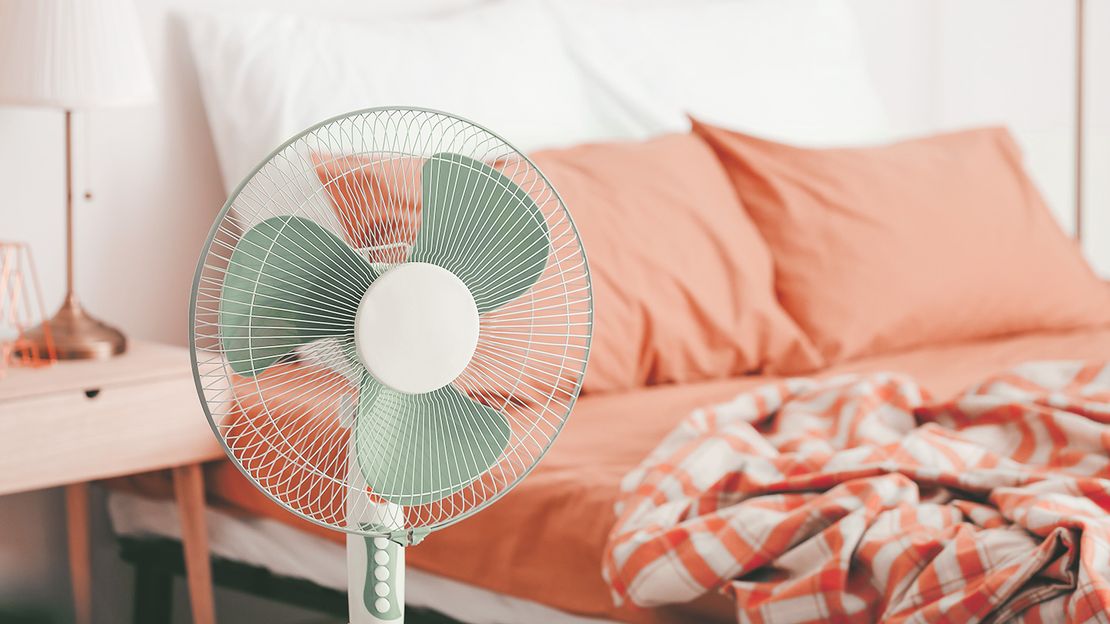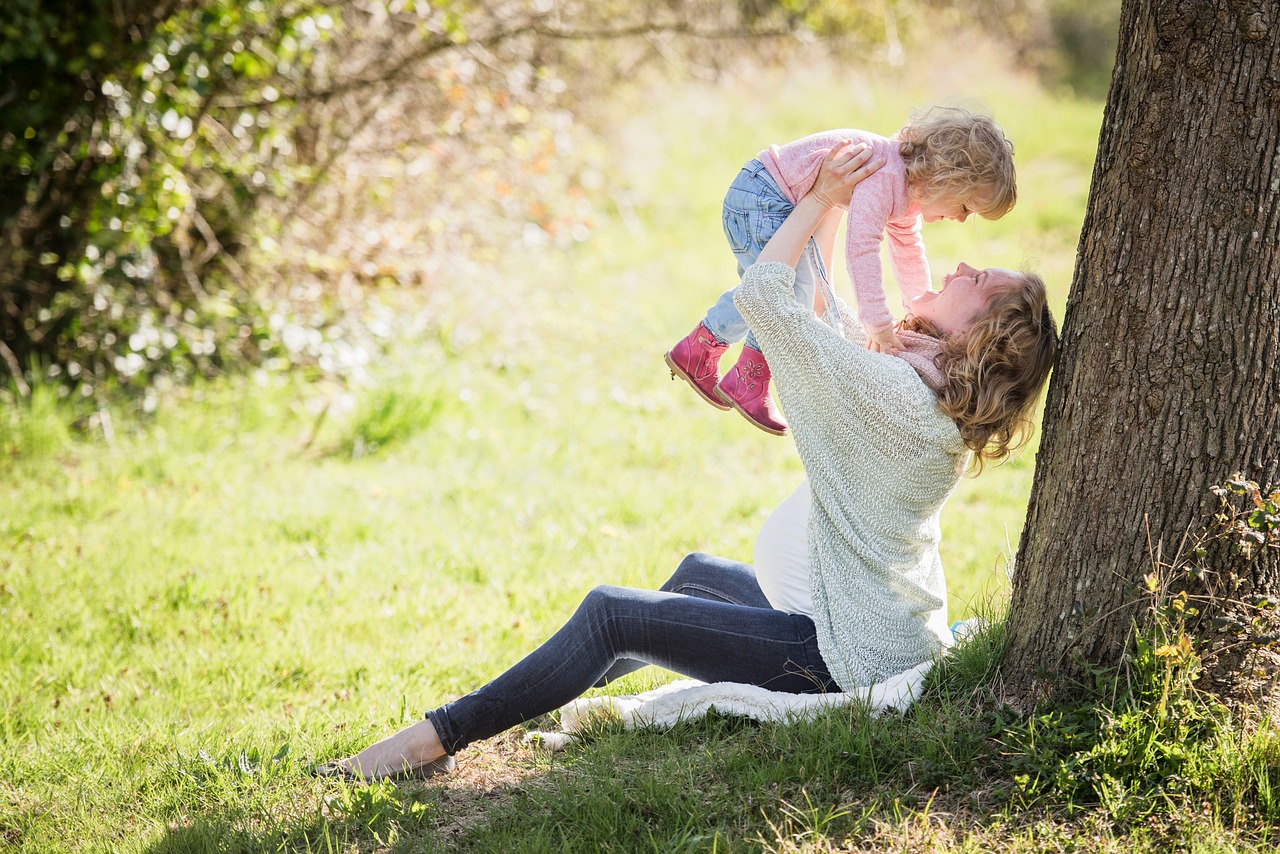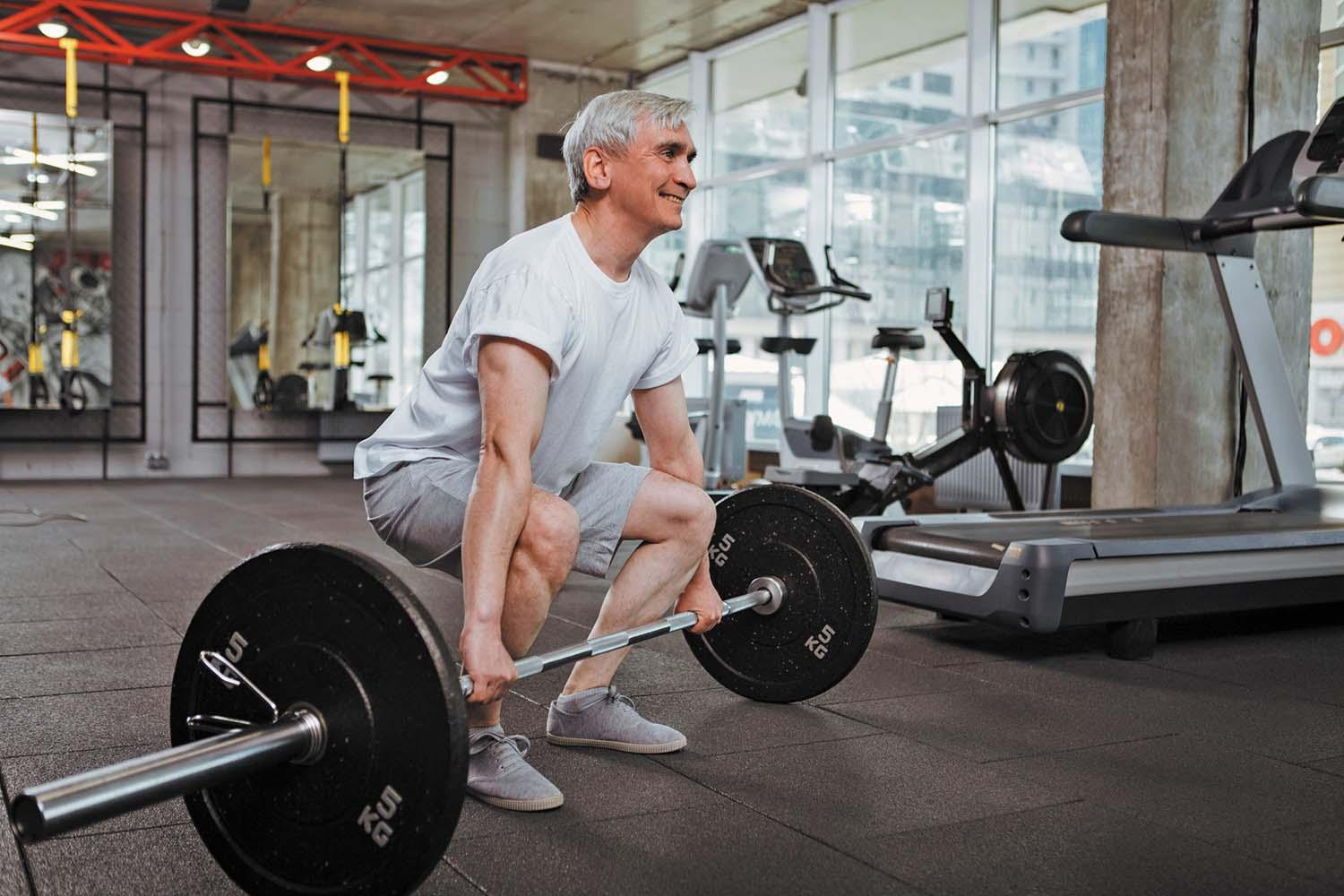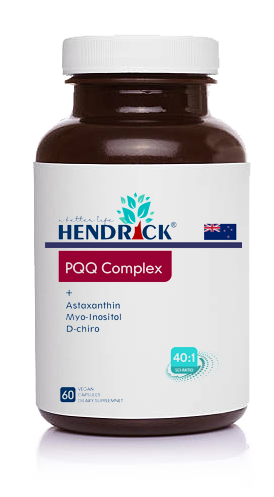8 Tips for a Good Night’s Sleep in the Summer Heat and Humidity
Summer weather can seriously cramp your sleep schedule. With record high temperatures sweeping across parts of the United States and Europe this summer, the heat is on. And experts say it can definitely mess with your shut-eye.
Sleep can be more challenging in summer for a combination of reasons, says Michael Breus, PhD, a clinical psychologist and sleep medicine expert in Manhattan Beach, California.
Part of it is behavioral. “People stay out later in summer to spend time in good weather, and/or we miss bedtimes, or the sun comes in earlier in the morning and wakes you up,” Dr. Breus says. Hot temperatures can disrupt circadian rhythms, too. “Your body needs to reduce its temperature so that it can send a signal to your brain to produce melatonin,” a hormone that’s vital to the sleep-wake cycle, Breus says. In the summer, that’s harder for your body.
All that adds up to more tossing and turning when temps stay higher at night. But there are things you can do to beat the heat and get better sleep.

Beyond adjusting the temperature of your air-conditioner — and for times when adjusting the AC is not an option — try these steps to chill out and sleep well, even on the steamiest summer nights.
1. Keep the Blinds Closed During the Day
To regulate temperature, consider closing the blinds to reduce heat buildup inside your home during the day. While this might sound like a small shift, it can make a substantial difference. When closed, insulated cellular shades can slash solar heat that comes through windows by up to 60 percent.
Don’t want to invest in something that spendy? Even medium-colored fabric drapes with white plastic backings can reduce heat gains by 33 percent.
2. Watch What You Eat or Drink Right Before Bed
Winding down mentally and physically can aid your body as it tries to cool down.
So although regular exercise can help you get better sleep overall, high-intensity exercise close to bedtime (less than two hours before) isn’t a good idea. “It will increase your core body temperature, and it takes a very long time for it to come back down,” says Breus.
You’ll also want to avoid alcohol in the hours before bedtime. Although alcohol is a sedative, it also “basically destroys” your physically restorative sleep, Breus says. “Additionally, alcohol has a thermogentic effect — after you drink, it makes you hot and sweaty, which is very disruptive,” Breus says.
If you do drink alcohol in the evening, finish your glass at least four hours before you hit the sheets.
3. Keep Your Room Cool With an AC or Fan
If you have an air conditioner and aren’t shy about using it, setting your thermostat between 65 and 68 degrees F is considered ideal for optimum sleeping.
If you don’t have AC or it’s not powerful enough, you can place a bowl with cold water and ice in your bedroom. Position a fan behind it, facing toward your sleeping space to amplify the cooling impact of the moving air. Fans can also help without the ice, but keep in mind indoor temperatures need to be less than 90 degrees F to have a cooling effect — above that, a fan can actually increase body temperature.
4. Bathe or Shower Before Tucking Yourself In
You may be tempted to take a cold shower to help you go to sleep on a hot night, but in fact, the opposite is true. Experts recommend a warm shower or bath before bedtime to trigger a natural cooldown effect.
“The idea is that a warm shower dilates blood vessels so when you step out of the shower your body cools off more, allowing your body temperature to drop before bed,” says Neal Walia, MD, a sleep specialist at UCLA Health in Santa Monica, California.
A cold shower might actually wake you up more, and once you’re out it could be harder to sleep, says Dr. Walia.
Whatever the weather, showering before you go to sleep is good for slumber: Studies show that people who bathe or shower pre-bedtime reported better quality sleep and shorter times to fall asleep compared with those who don’t.
5. Go Ahead, Sleep Naked
There isn’t much scientific research on the effects of sleeping naked, but some people do say it helps them fall asleep faster and stay asleep longer. It may help your body maintain a cooler core temperature and promote better sleep thanks to the extra airflow and lack of layers.
But it really comes down to personal preference, says Walia.
“If you’re uncomfortable sleeping naked, it’s not likely to help you sleep better. The difference from light pajamas is likely negligible compared with cooling the room, using a fan, or ensuring your bedding is not overly warm,” he says.
On a hot night, lightweight cotton, silk, linen, and Tencel pajamas are generally preferable to polyester, fleece, and flannel.
6. Put Your Sheets in the Freezer
Here’s a trending social media hack, posted on TikTok: Try putting your sheets in the freezer a couple of hours before bedtime. Simply fold your top and bottom sheet, place them in a sealed plastic bag to keep them clean, and set them on a freezer shelf next to ice packs or trays.
When you take them out and make the bed, the sheets will feel cool to the touch, which can make it easier to fall asleep — especially on hot, sticky nights. While the cooling effect doesn’t last all night, it may help you get comfortable enough to drift off.
7. Get a Bigger Bed
If you share your bed with a partner or pet, consider an upgrade to a bigger mattress, especially if your old mattress is nearly ready to be retired.
“When it comes to loved ones in the same bed, bed size can be important. The bigger the bed, the less likely you are to experience disruption, whether it be direct movement or additional body heat,” says Walia.
Breus suggests training your pet to sleep on a different part of the bed and explaining to your partner that although you may enjoy cuddling, you’d rather not on a hot night.
8. Choose Other Cooling Sleep Accessories
There are pillows, sheets, and pajamas made with materials selected to provide a slight cooling quality — but know that their cooling capabilities are limited. Fabrics like bamboo, cotton, and Tencel are breathable and can wick away moisture, but they may not be a game changer.
Accessories that you can regulate — for example, a cooling pad where you can set the temperature — may be worth the investment, says Breus.
What You Should Do if You’re Still Waking Up Sweaty
Whether it's due to a dream, stress, the ambient temperature, or something else, it can be totally normal to wake up sweaty every so often, even if you follow all these cool sleep tips.
There can be many reasons that you might wake up sweating — your body is simply trying to cool down or maybe it’s a hormonal shift. “It can vary from person to person, and some patients do sweat more than others at night,” says Walia.
But sweating at night could be indicative of other conditions, such as menopause — particularly if you are sweating significantly or profusely — and should be discussed with your medical provider, he says.
The Takeaway
- Hot and humid summer weather can significantly disrupt sleep by interfering with your body’s natural temperature regulation and circadian rhythm.
- Effective cooling strategies include closing blinds during the day, taking a warm shower before bed, and wearing light sleepwear or even sleeping naked.
- Avoiding alcohol and intense exercise close to bedtime can be good for sleep quality by helping your body cool down naturally.
- If you regularly wake up drenched or uncomfortable despite cooling efforts, talk to a healthcare provider — something medical may be going on.







